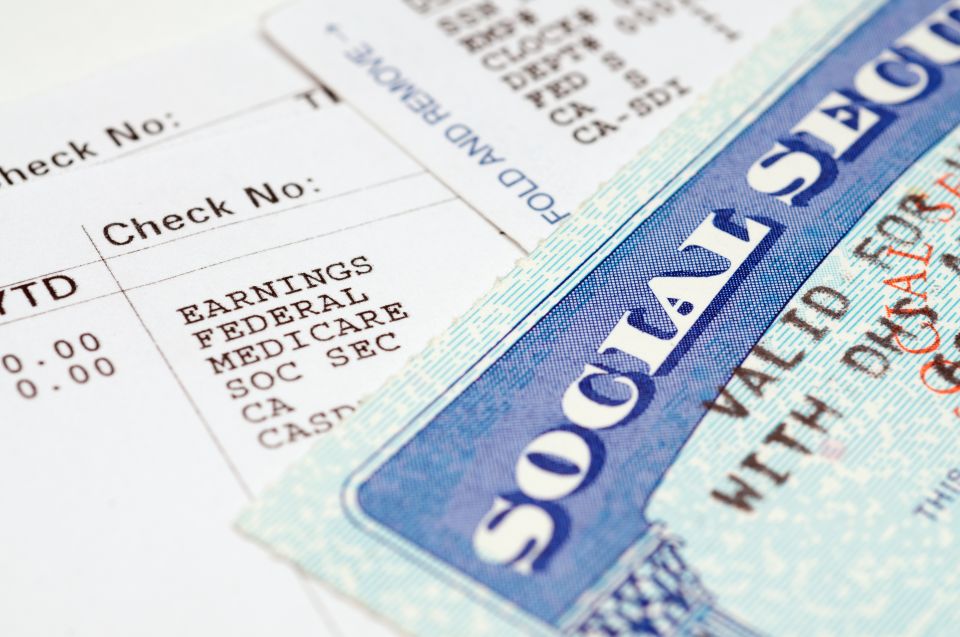In times of inflation, it is normal for many retired people to return to work. But if you do get your Social Security benefits, there are a few things to keep in mind.
The Social Security system is one of the most complex and ambitious in the United States, and has helped lift millions of people out of poverty. However, in times like the ones we are currently experiencing, with an inflation of 8.2% during the month of September, according to the Bureau of Labor Statistics (BLS, for its acronym in English), there are not a few retirees who have decided to resume his work activities because Social Security benefits are not enough to cover his expenses.
But working while you receive Social Security benefits is not an easy situation, and if it is not done correctly, it can bring you certain problems.
Therefore, at Globe Live Media we explain the five things you should keep in mind if you work and receive Social Security benefits at the same time.
1- If you work while receiving Social Security benefits, they could be reduced
You should be aware that if you decide to work while receiving Social Security benefits, your benefits may be reduced if you have not reached Full Retirement Age. This age is usually 66 or 67 years old, depending on your year of birth.
The good news is that these benefits are not permanently lost, but rather temporarily withheld by Social Security until you reach this age.
2- If your earnings exceed the Social Security limit, your benefits will be reduced
Working while receiving your Social Security benefits may cause your benefits to be reduced if your income or earnings exceed the limit set by Social Security.
For the year 2022, that income limit is $19,560.
According to a report in The New York Times, if you reach full retirement age in 2023, but work all of 2022, your benefits will be reduced by $1 for every $2 you earn over that limit. from income.
And if you work through 2023, your benefits will be reduced as follows: You’ll lose $1 for every $3 you earn through the month you reach your full retirement age.
3- It is better that you contact Social Security if you plan to work while receiving benefits
Specialists in retirement and retirement planning say that it is better to stop working in the event that you receive Social Security benefits. If this is not possible, it is best to request a suspension of your benefits.
This can only be done once (and only within a year of applying for Social Security benefits). In this way, your monthly benefits will increase permanently, taking into account the months in which those benefits were suspended or frozen.
4- If you plan to work, do not apply for Social Security benefits
Another option to consider is to wait to apply for your Social Security benefits until you are completely sure that you can stop working.

